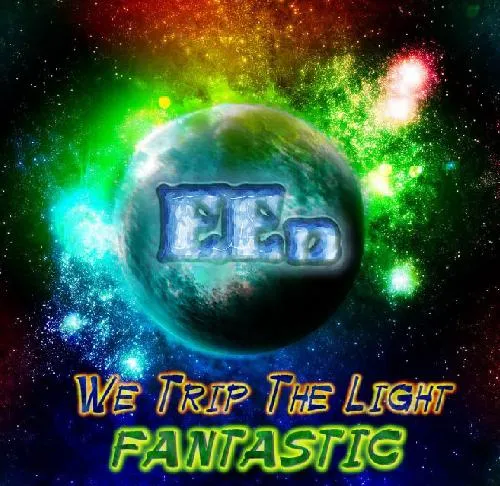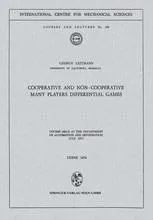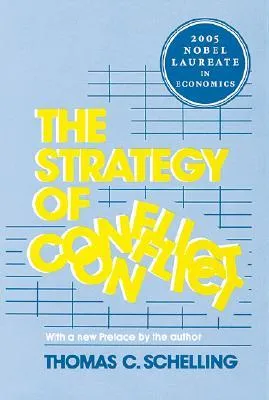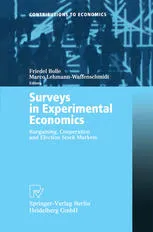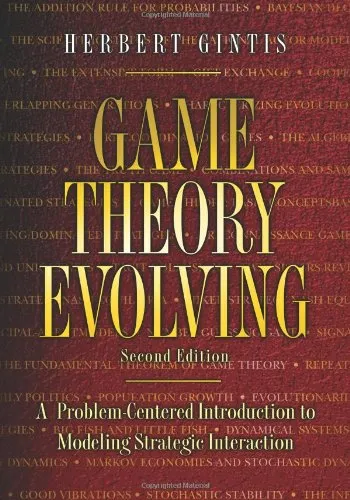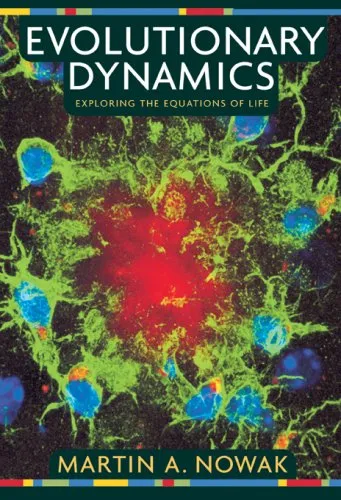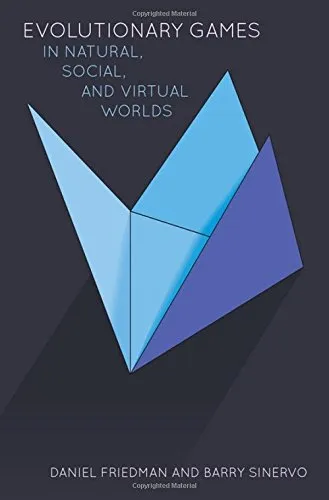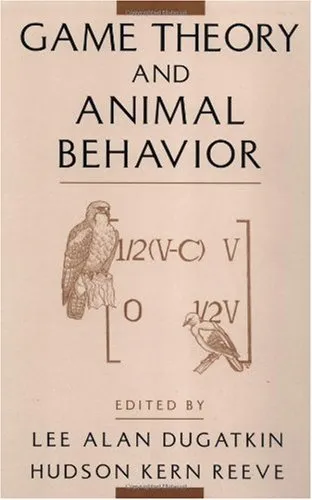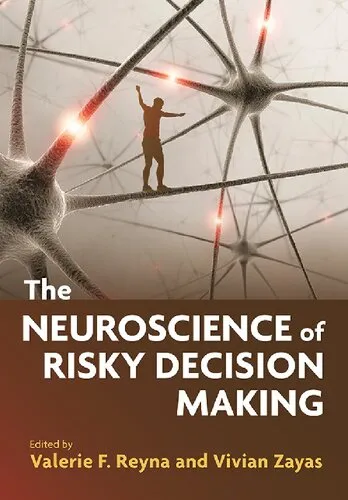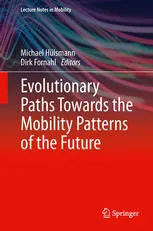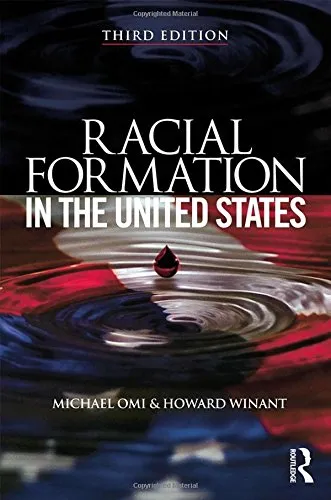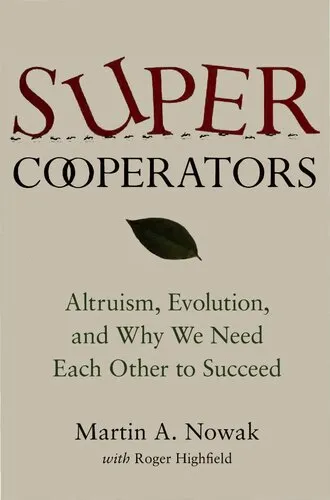Community Under Anarchy Transnational Identity and the Evolution of Cooperation
4.0
Reviews from our users

You Can Ask your questions from this book's AI after Login
Each download or ask from book AI costs 2 points. To earn more free points, please visit the Points Guide Page and complete some valuable actions.Related Refrences:
Welcome to "Community Under Anarchy: Transnational Identity and the Evolution of Cooperation"
"Community Under Anarchy: Transnational Identity and the Evolution of Cooperation" explores one of the most compelling and relevant questions in international relations: How does cooperation emerge, persist, and evolve between states within an anarchic international system? In this insightful book, I delve into the dynamics of state behavior, examining the transformative role of transnational identities in fostering cooperation even in a world often characterized by conflict and competition.
Rooted in an interdisciplinary approach, the book combines perspectives from political science, sociology, and international relations theory to bridge the gap in our understanding of collaboration under seemingly adverse conditions. The concept of anarchy in international relations typically implies a lack of overarching authority, resulting in a world where self-help and survival dominate. Yet, contrary to this traditional premise, the evolution of community identities has enabled states to collaborate despite the challenges posed by an anarchic system. By examining historical cases, theoretical frameworks, and contemporary implications, the book addresses fundamental questions about collective identity, social norms, and mutual trust in the global arena.
Detailed Summary of the Book
The book opens with a strong critique of the conventional realist perspective that views global politics as inherently conflictual due to the anarchic structure of the state system. I argue that while structural anarchy is a significant feature, it is not the only factor in determining state behavior. Introducing the concept of transnational identity, the book highlights how shared values, norms, and connections between states can create a sense of community, which in turn fosters cooperation.
Using a combination of historically grounded case studies and theoretical analysis, I demonstrate how communities under anarchy can emerge and remain stable. Specific examples include the European integration process and the role of shared religious, cultural, or ideological ties in facilitating collaboration among states. The evolution of the European Union (EU), for example, showcases how previously warring nations established enduring frameworks of cooperation, anchored by shared identities and mutual interests.
Each chapter builds upon this central premise, exploring how communication, trust-building, and mutual recognition of shared goals contribute to the formation of transnational communities. In contrast to strictly utilitarian arguments, the book argues that these communities are not simply transactional but also rooted in emotional and social bonds that shape state behavior over time.
Key Takeaways
- Anarchy in the international system does not eliminate the possibility of cooperation; instead, it sets the stage for innovative and resilient forms of collaboration.
- Shared identities, rooted in history, culture, and ideology, are crucial to the development and maintenance of long-term cooperation between states.
- The book highlights the significance of trust-building and normative frameworks in overcoming the inherent challenges posed by structural anarchy.
- By analyzing specific case studies, the book presents a comprehensive argument that transnational communities are not just theoretical constructs but observable realities with profound implications.
Famous Quotes from the Book
"The notion of anarchy, while traditionally viewed as a barrier to cooperation, can paradoxically provide the conditions necessary for the emergence of transnational communities."
"States do not operate in isolation—they are embedded in networks of shared values and social norms that redefine their interests and actions."
"Trust, once built, is the foundation upon which the edifice of international cooperation rests."
Why This Book Matters
In an era of increasing global interdependence, understanding the dynamics of cooperation under an anarchic system is more important than ever. "Community Under Anarchy" offers a fresh perspective that challenges traditional assumptions about international relations and provides valuable insights into the construction of peaceful and cooperative state relations.
The book matters because it sheds light on how shared identities and norms can drive global cooperation, even among states with a history of mistrust or conflict. Policymakers, scholars, and students alike will find value in its analysis, particularly as they search for ways to address pressing global challenges like climate change, terrorism, and economic instability. By demonstrating that cooperation is not only possible but also sustainable under anarchy, this book offers hope and guidance for a more collaborative international order.
Free Direct Download
You Can Download this book after Login
Accessing books through legal platforms and public libraries not only supports the rights of authors and publishers but also contributes to the sustainability of reading culture. Before downloading, please take a moment to consider these options.
Find this book on other platforms:
WorldCat helps you find books in libraries worldwide.
See ratings, reviews, and discussions on Goodreads.
Find and buy rare or used books on AbeBooks.
1424
بازدید4.0
امتیاز0
نظر98%
رضایتReviews:
4.0
Based on 0 users review
Questions & Answers
Ask questions about this book or help others by answering
No questions yet. Be the first to ask!
